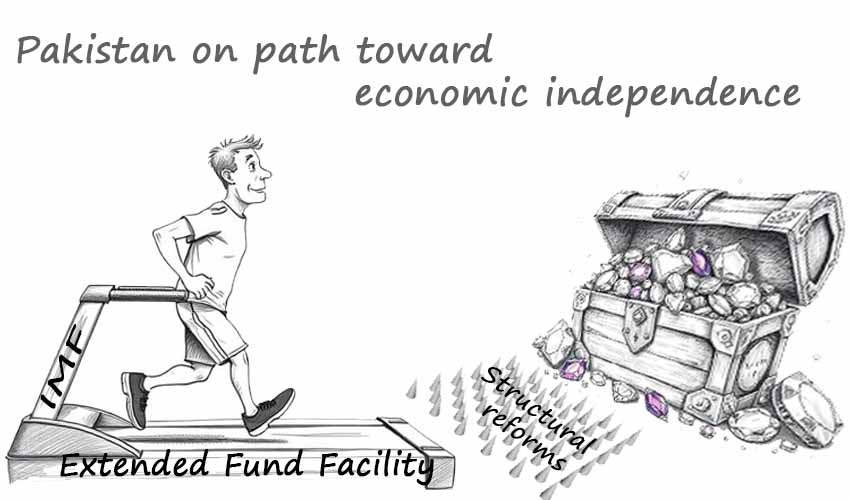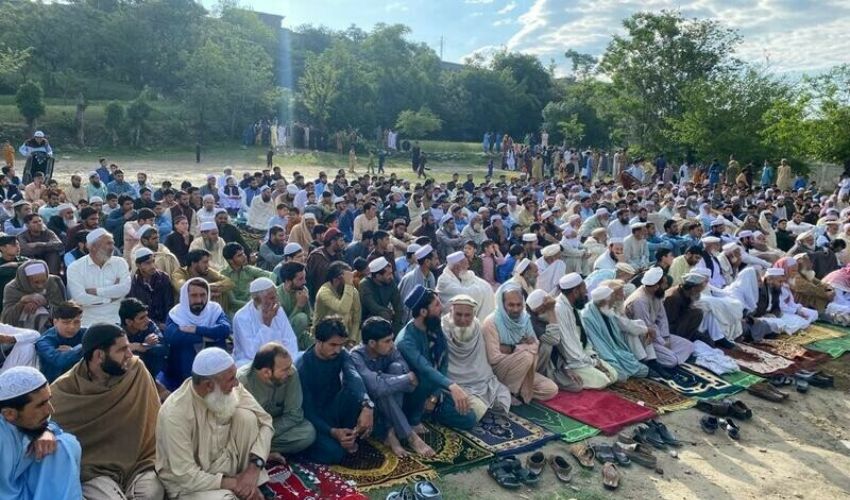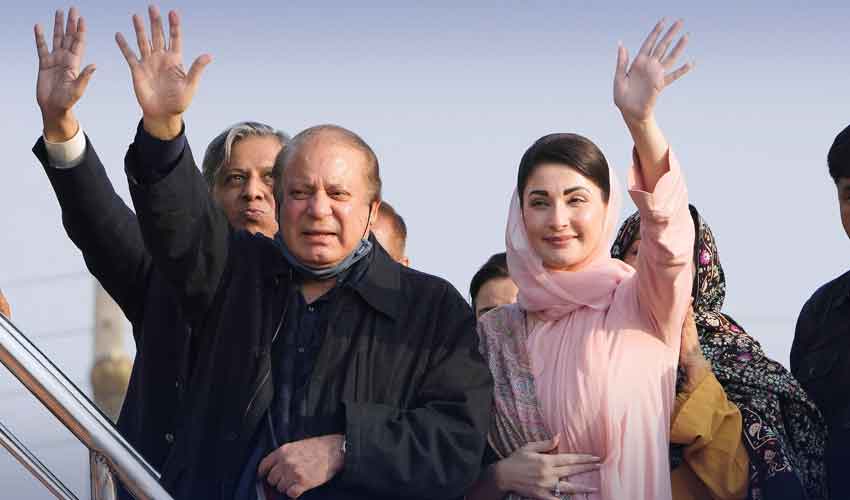Finally, a much-needed breath of fresh air. Pakistan’s recent securing of the IMF staff-level agreement is a welcome development. The news not only triggers positive sentiments across all sectors, especially the stock market, but also signals confidence in the country’s economic direction. However, the job is only half done, with the other half being fiscal consolidation.
The IMF has acknowledged Pakistan’s progress in stabilizing the economy. Lowered inflation and improved reserves speak volumes of efforts put in to improve economic indicators, which prompted the international lender to give the nod to $1 billion under the Extended Fund Facility. Coupled with another $1.3 billion accessible under the Resilience and Sustainability Facility, the amount is likely to help sustain liquidity for some time.
However, reading between the lines of the IMF announcement shows that macroeconomic stabilization is still fragile, which requires Pakistan to maintain financial discipline. Policymakers must heed the Fund’s warning that any reckless spending or policy U-turn would not be tolerated. Credibility in economic management is a strategic asset, and losing it would be costly. At the same time, Pakistan has been told to ensure tax reforms, energy sector restructuring, and governance improvements to keep the economy on track. And this is where the problems begin.
Islamabad must treat the IMF program for what it is, a short-term stabilizer, and focus on practical steps toward breaking the structural inertia.
Pakistan’s fiscal problems are rooted in its economic system and governance. In the absence of deeper tax reforms and subsidy rationalization, public debt is likely to increase. However, while implementing policies and regulations, the government must consider the limits of its citizens' capacity to bear burdens. Pakistan cannot afford policies that crowd out productive investment or trigger irrational strategies that would limit the state’s ability to respond to future crises. The longstanding issue of circular debt, in particular, demands special attention.
In such a situation, Islamabad must treat the IMF program for what it is, a short-term stabilizer, and focus on practical steps toward breaking the structural inertia. Also, it would be unwise to rely on hotwiring the economic engine for a joyride. Instead, rewiring the entire structure through reforms must be considered. Pakistan has bought time. But how it uses this opportunity will define the country’s economic future.



























